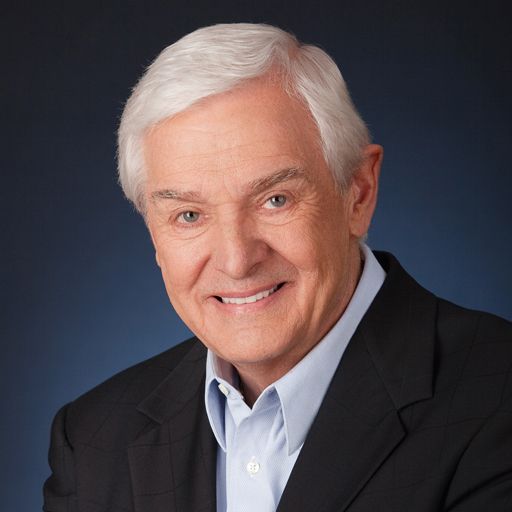What is it about “greener grass” that is so enticing? According to Forbes, lawns are American’s largest irrigated crop with 63,240 square miles under cultivation (an area just slightly smaller than the state of Wisconsin). NASA’s Ames Research Center estimates we use 19 trillion gallons of water and 2.4 million metric tons of nitrogen-based fertilizer on an annual basis to make our lawns green. All that effort cost nearly $26 billion in 2006. Ted Steinberg, author of American Green: The Obsessive Quest for the Perfect Lawn, summarizes the my-grass-is-greener-than-your-grass phenomenon perfectly: “The perfect lawn is the ultimate symbol that I’ve made it in the world.”[1]
Ah, there it is: the root (pardon the pun) of the problem. Human beings are not a contented lot—we’re constantly striving for ways to one-up someone, even if it’s our neighbor. The hit song by The New Christy Minstrels, “Green, Green,” certainly came at a time of great discontent in America: 1963. People were unhappy with lots of things during the sixties, and the chorus of that song reflected it: “Green, green, it’s green they say, on the far side of the hill. Green, green, I’m goin’ away, to where the grass is greener still.”
The problem with the grass-is-greener philosophy is that we can’t always control the color—we can’t always get what we want. In the fall, lawn grasses go dormant. They all stop growing, and many turn brown. No amount of cultivating will make them green until spring works its wonder and they reappear once again. In a similar fashion, life isn’t always greener, and we have to learn patience and contentment.
No one had more human reason to be discontent than Paul, given the extremities he endured in his ministry (2 Corinthians 6:3-10; 11:21-30). But even in one of his most trying moments—in prison in Rome—he found it possible to write these words to the Philippians: “I have learned in whatever state I am, to be content: I know how to be abased, and I know how to abound. Everywhere and in all things I have learned both to be full and [learned] to be hungry, both to abound and to suffer need” (Philippians 4:11-12, emphasis added).
I have italicized the key word in those verses: learned. That word says to me that contentment is an acquired discipline; it is not something human beings experience naturally. Let me clarify: There can be healthy discontent in life—the desire to excel and do better, the desire to reach our full potential. But the discontent we’re talking about here is a synonym of envy—wishing we had what someone else has; always looking over the fence or beyond to the next hill where we are sure the grass is greener than our own.
If the apostle Paul had to learn to be content, What does that say about the rest of us? And even more important, how did he learn it? I believe the clues to acquiring contentment are found in Paul’s words to his pastor-protégé, Timothy—a young man who needed to gain the same spiritual discipline Paul had learned to acquire.
In 1 Timothy 6:6-10, Paul wrote to Timothy that...
• If it’s gain (greener grass) you’re after, you’ll find it in godliness coupled with contentment (verse 6).
• All grass, regardless of how green, stays behind in the end. You entered the world with nothing, and you’ll leave it with nothing (verse 7—the lesson of Job in Job 1:21).
• Between entering and leaving this world, it takes precious few things to see you through—things like food and clothing which God has promised to provide (verse 8; Matthew 6:25-34).
• The desire for greener grass is a temptation and a trap into which many have fallen (verse 9).
• Money is the greenest grass of all, but the love of it is the root of all kinds of evil. The pursuit of it (across the fence, over the hill) is to wander away from the faith (verse 10).
As we approach the season of thanksgiving, join with me in pursuing the discipline of contentment—being thankful for what we have, knowing that in Christ we have all we need and more (Romans 8:32; Hebrews 13:5). We can only be thankful when we are content and content when we are thankful.
David Jeremiah is the senior pastor of Shadow Mountain Community Church and the founder and host of Turning Point for God. For more information about Dr. Jeremiah or Turning Point, visit www.DavidJeremiah.org.
[1] Micahel Noer, “The Green American Dream,” Forbes, July 3, 2007, https://www.forbes.com/2007/07/03/lawns-grass-america-biz-cx_mn_dream0607_0703turf.html?sh=2a5c404a774f.








